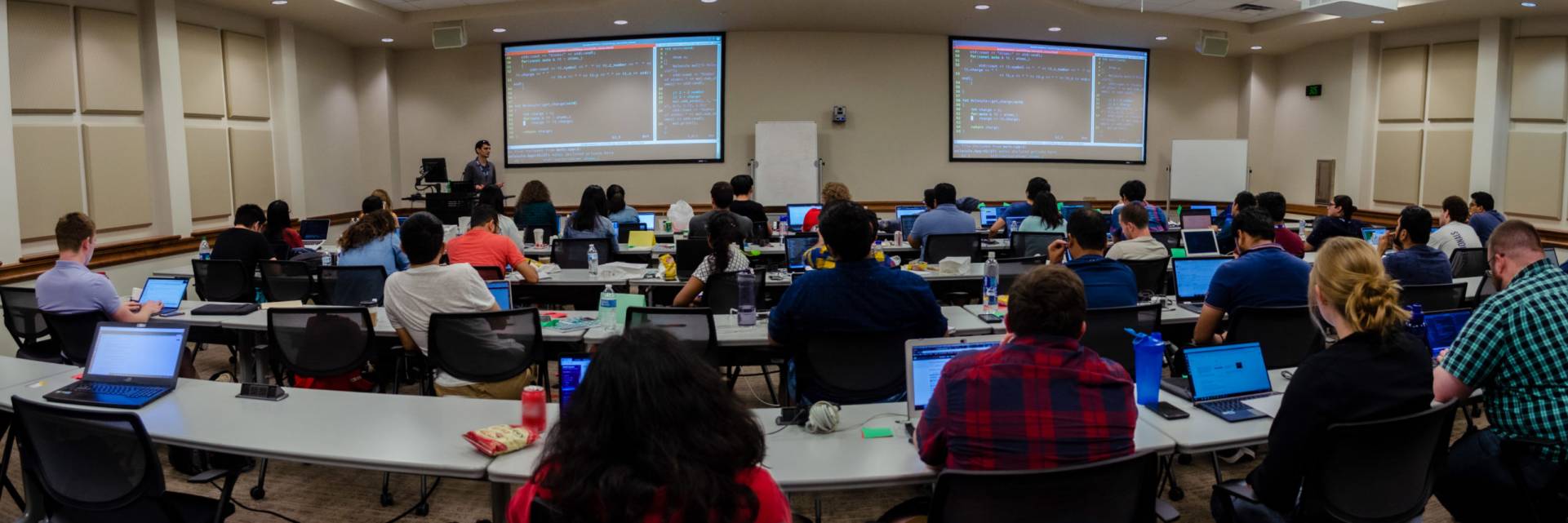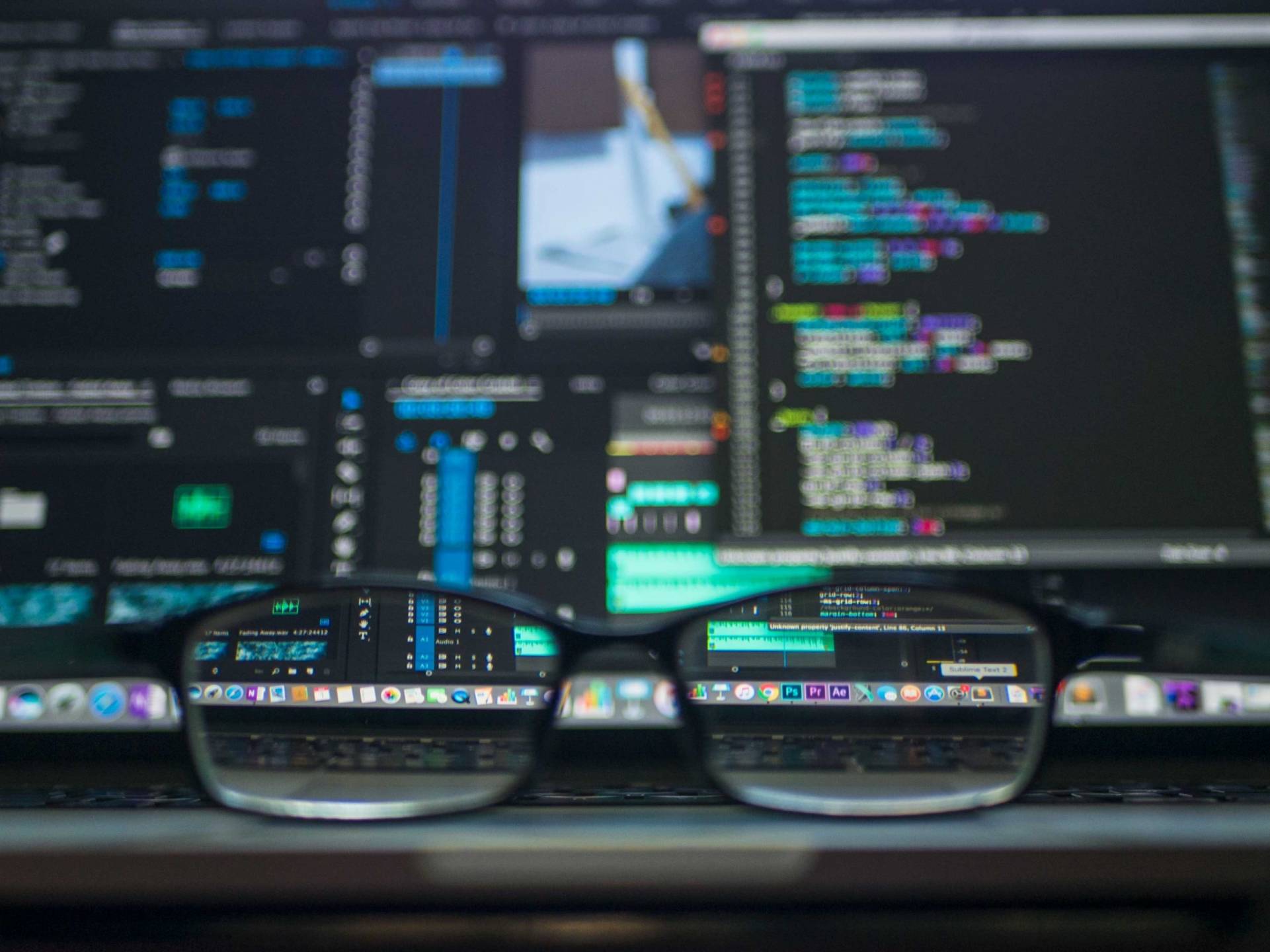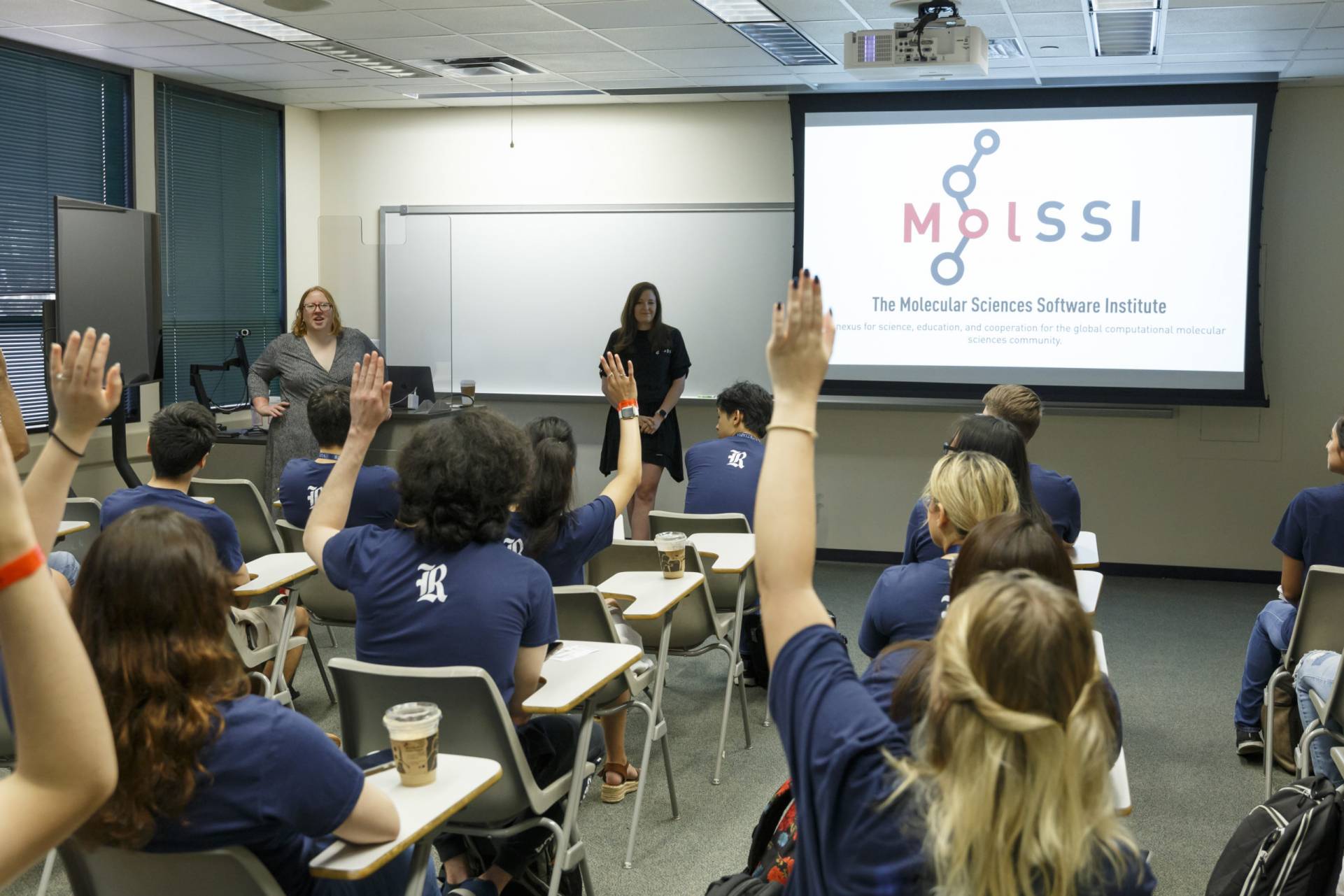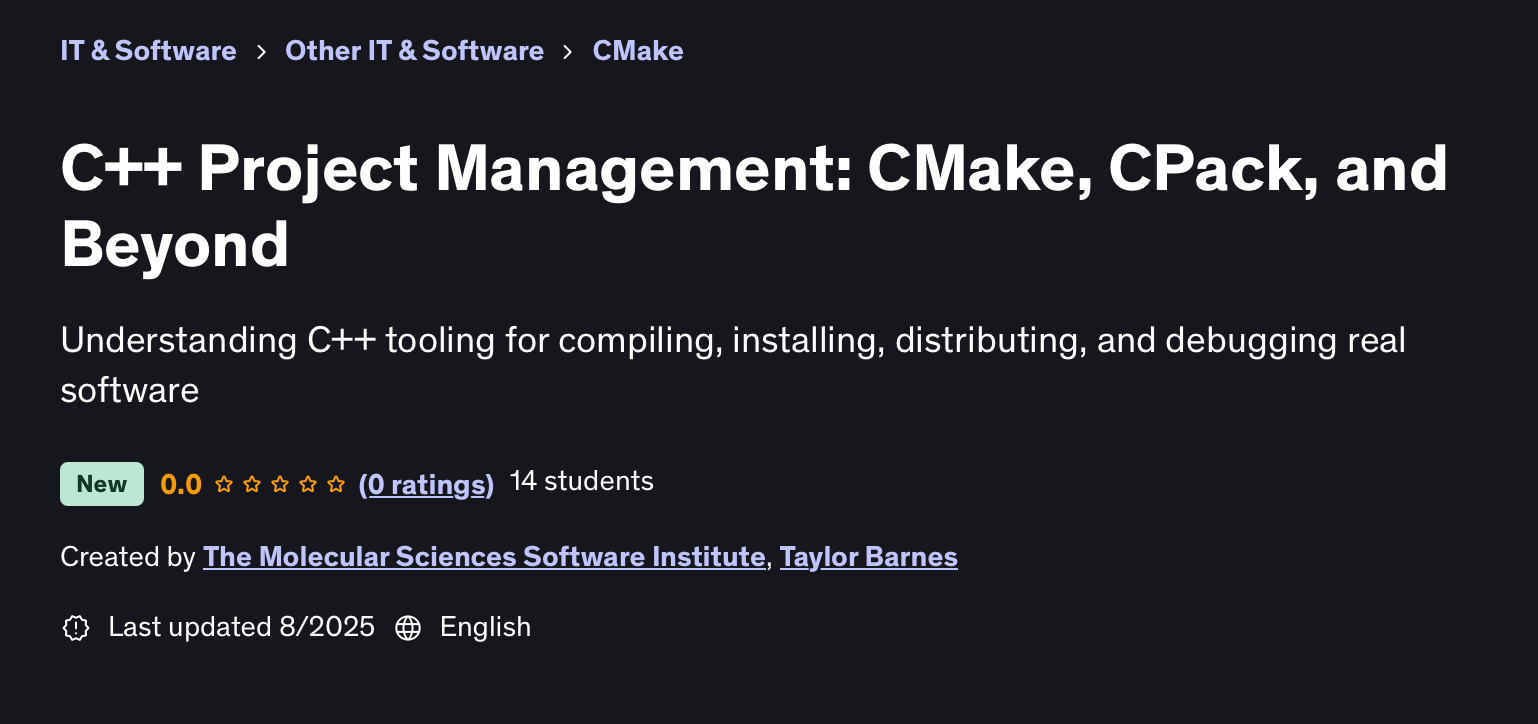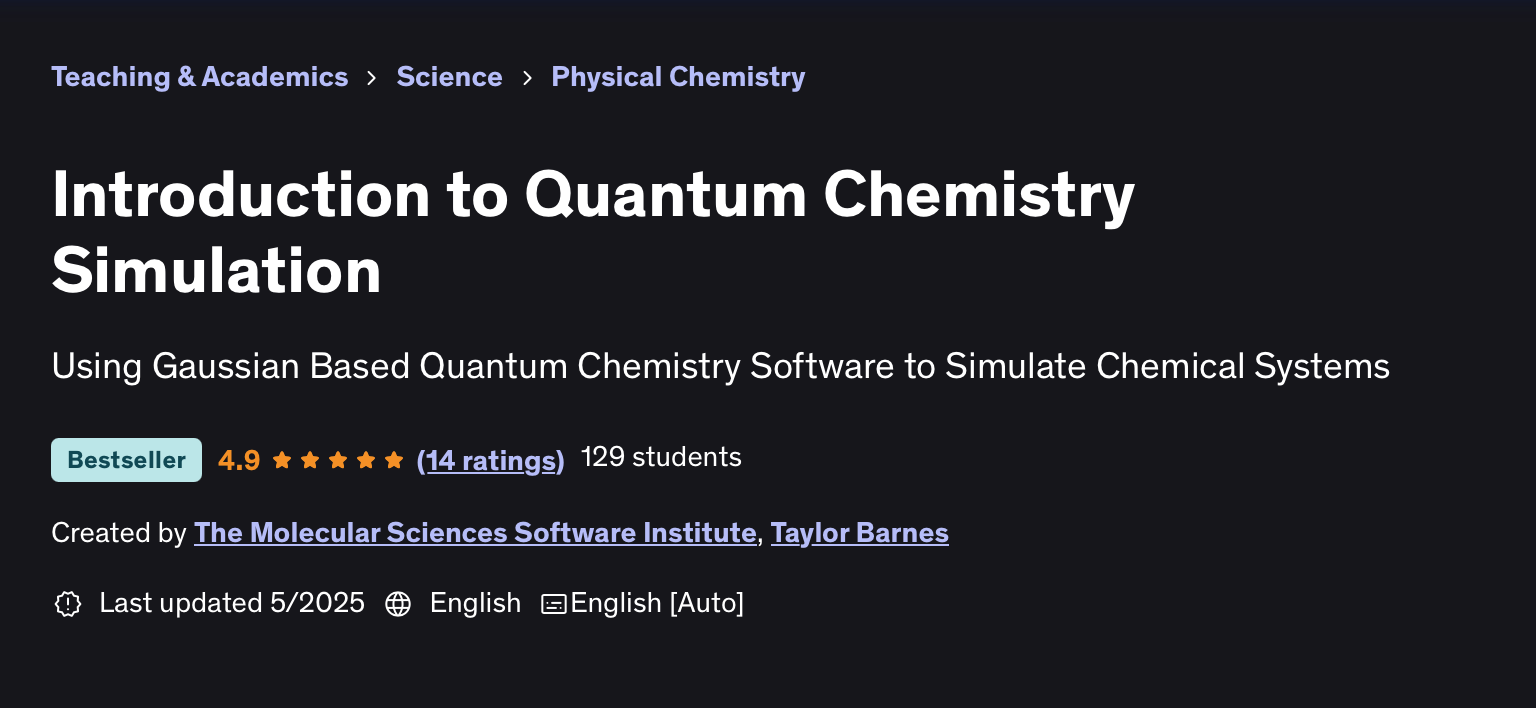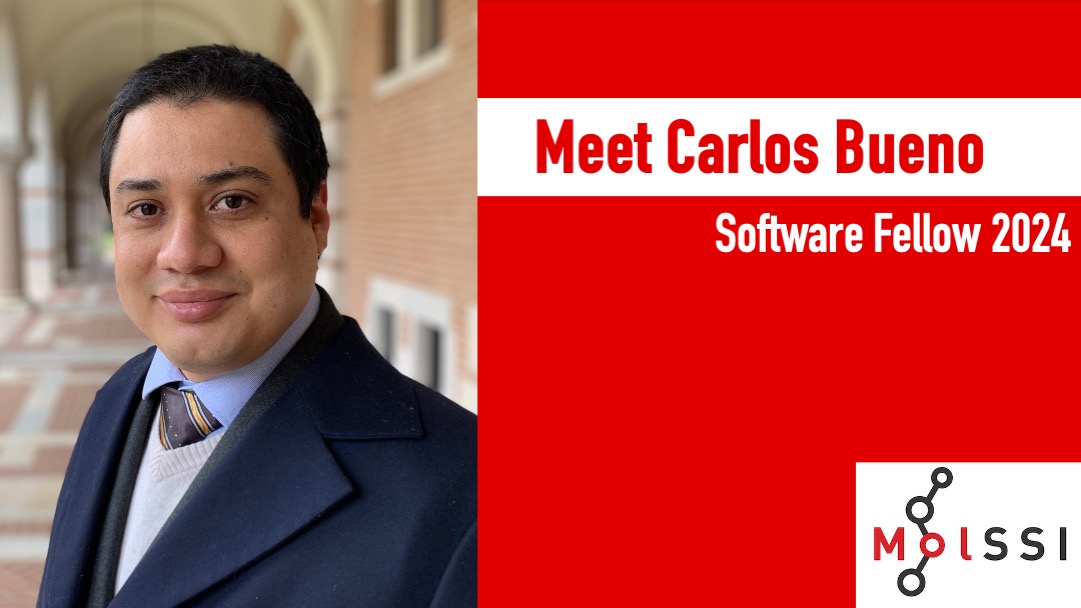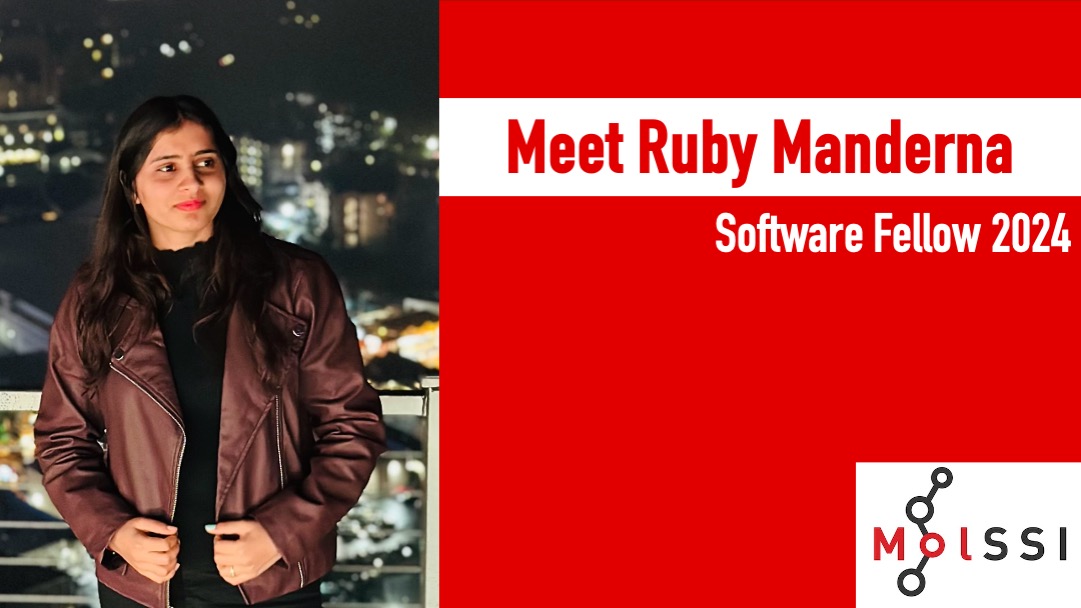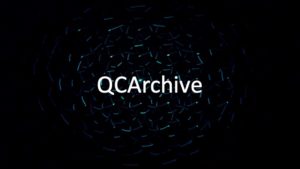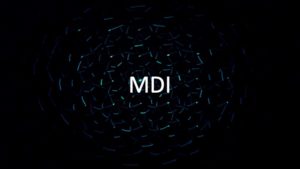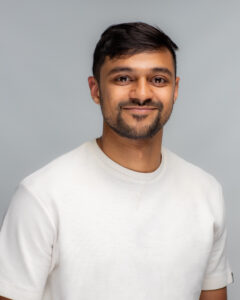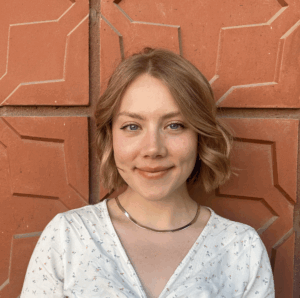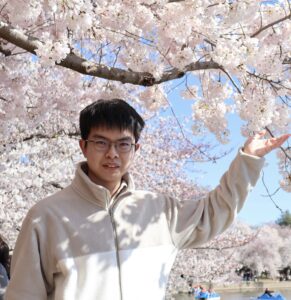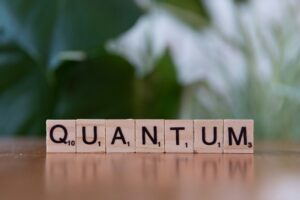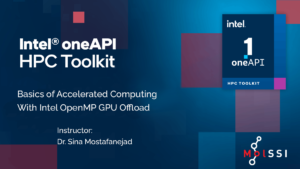Early Steps in Computational Science
Dr. Carlos Bueno’s journey into computational biophysics started by helping his father to automate scheduling tasks in Excel. This early exposure to programming sparked a lasting interest, evolving into writing simple programs in Visual Basic, such as a titration calculator, where he found that “even simple chemical models hide multiple complexities”. His academic path then took him to Dr. Mirko Zimic’s bioinformatics lab in Peru, where he navigated at the interface between biology, chemistry, physics, and programming. Whether setting up computing clusters or diving into biophysical modeling for tuberculosis research and poultry vaccine development, Carlos’s work was deeply informed by the proximity and insights gained from Dr. Patricia Sheen’s experimental lab, whose lab benches were next to their computers. This closeness between the labs allowed him to bridge computational and experimental perspectives.
Building Open-Source Tools and Leadership
At Rice University, Carlos joined Professor Peter Wolynes’ group at the Center for Theoretical Biological Physics, focusing on mesoscale biophysical models of complex protein interactions. His research evolved through close collaborations with faculty across disciplines, including Dr. Margaret Cheung, Dr. M. Neal Waxham, Dr. José Onuchic, which enriched his perspective on both the biological relevance and computational demands of his work. Within this collaborative environment he faced the challenge of managing and developing software that organically developed in a fast-paced academic environment, such as multiple versions of the code coexisting without version control or insufficient documentation. This led him to the MolSSI best practices, a turning point in his approach to scientific software.
“The MolSSI best practices completely reshaped how I approached scientific software,” Carlos reflects. He began implementing version control, unit testing, continuous integration, and thorough documentation, contributing to the development of OpenAWSEM in collaboration with Dr. Nick Schafer and Dr. Wei Lu for protein modeling and Open3SPN2 for DNA simulations in OpenMM.
The MolSSI Software Fellowship, alongside the mentorship of Dr. Jessica Nash, proved instrumental in Carlos’s growth as a software leader. He states, “Working with Jessica has helped me tackle problems leading open-source collaborative software projects with large teams, collaborating effectively with the bigger scientific computing ecosystem, and adopting more effective coding styles and design patterns to ensure our software tools can be easily adapted to tackle a vast range of problems.” This guidance, combined with insights from other mentors like Levi, who emphasized long-term software design, solidified his confidence in leading projects, particularly in prioritizing requirements and refining communication.
Carlos highlights specific areas where Jessica’s mentorship was invaluable: “Her feedback has helped me think more deliberately about design patterns and how to structure codebases, so they are easier to extend and maintain. She has also introduced me to valuable resources and best practices that I now apply regularly in my projects for testing and benchmarking. We have also had discussions about licensing, community contributions, and interoperability with other tools like MDTraj, and MDAnalysis. She has help us to develop new methods and interfaces for the Frustratometer project, making it more flexible and accessible.”
A Vision for Science and Mentorship
Carlos’s vision extends beyond immediate projects. He aims to remain at the intersection of theory and experiment, bridging biology, chemistry, and physics through computational modeling. His immediate goal is to expand the AWSEM ecosystem into a robust, well-documented platform for future collaborators.
Beyond his research, Carlos is passionate about mentorship and science education, contributing to programs like Science Clubs Peru, iGEM, the Serendipity Program, and the Frontiers in Science Program. He is particularly proud of his open-source contributions, OpenAWSEM and Open3SPN2, which are now being used and extended by others.
Above all, Carlos finds joy in spending time with his son, seeing the world through his eyes and reminding himself of the constant learning and growth that defines human experience.
If you are interested in more of his work, please check his GitHub , LinkedIn, or personal website.



